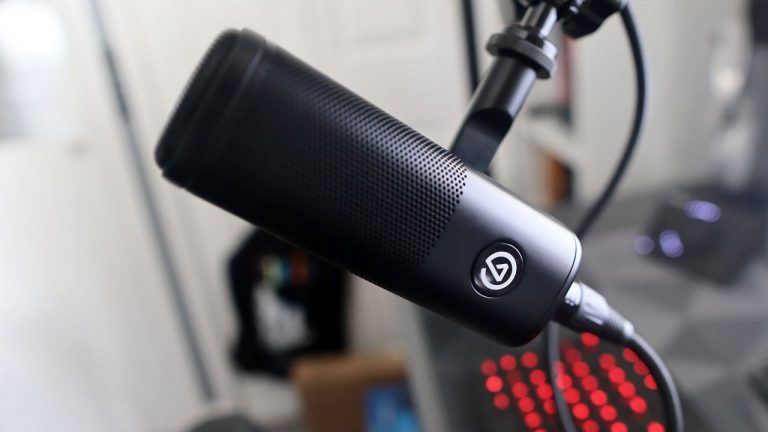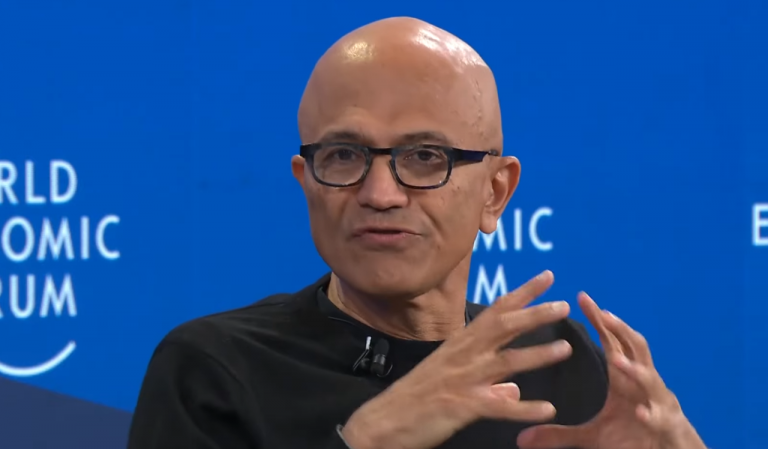Amazon Web Services announced investments into three nuclear energy projects, including another bid to build small modular reactors. That means, of the tech giants, it’s not just Google getting oddly cosy with nuclear energy, though the specifics of Amazon’s deals are a little different.
To begin with, Google’s deal is a commitment to pay for power generated by the fleet of SMRs (should they be constructed before the optimistic deadline of 2035), whereas Amazon is paying money upfront in the case of their partnership with X-Energy (via Ars Technica). A straightforward investment in the company, it’s arguably foundational to Amazon’s other two nuclear energy deals with utility companies Energy Northwest and Dominion Energy, as they’ll be using X-Energy’s SMR design.
However, the thing that’s giving me pause is that this SMR design doesn’t yet have approval from a regulatory body. There’s no dressing it up—the phrase ‘nuclear power startup’ still gives me The Fear.
The total monetary value of this investment has not been plainly stated beyond X-Energy’s announcement that Amazon’s contribution is only part of an “approximately $500 million” round of investment from multiple different partners. These funds will in part go towards “the completion of X-energy’s reactor design and licensing.”
To recap, SMRs are touted for their smaller physical footprint and their scalable design compared to a more traditional nuclear power station—if you need more power, it’s much easier to plug in a few more SMRs. This reactor design is also favoured as essential parts can be made using mass production techniques at a central facility before being shipped out elsewhere, meaning the infrastructure you’d need to facilitate such a build is going to be much less unwieldy. All of that said, it’s a little premature to get fitted for a Vaultdweller boiler suit though.
For big tech companies looking to meet the increasing round the clock energy demands of their data centres, SMRs are an extremely appealing option. However, no SMR has yet been commissioned in the US. Only one SMR design has even been approved, and that project from NuScale was ultimately cancelled as the falling cost of renewable energy proved much more economically compelling for the utility companies the startup had partnered with (also via Ars Technica).
Indeed, Amazon’s investment in X-Energy is alongside the tech giant’s continuing pursuit of solar and wind energy projects. Amazon’s interest in nuclear power is as a ‘least bad option,’ in part to combat the round the clock energy demands renewable power sources can’t always easily address; you’d need huge batteries if you were to solely rely on wind and solar power to meet the demands of a data centre. But given the current state of SMRs, this chapter may well get filed away somewhere on the same shelf as the Ford Nucleon concept car.
Best SSD for gaming: The best speedy storage today.
Best NVMe SSD: Compact M.2 drives.
Best external hard drive: Huge capacities for less.
Best external SSD: Plug-in storage upgrades.












